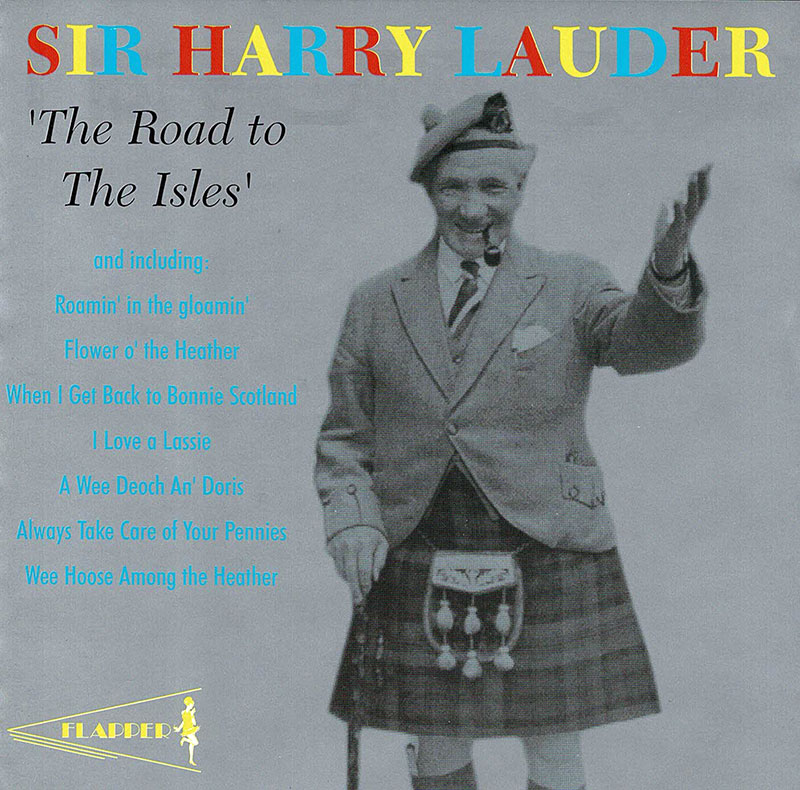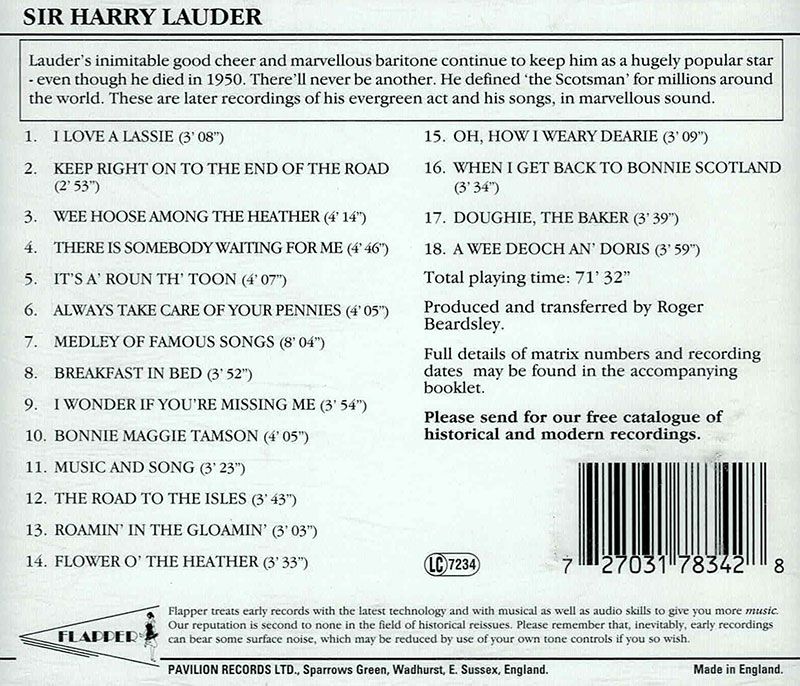Logowanie
OSTATNI taki wybór na świecie
Nancy Wilson, Peggy Lee, Bobby Darin, Julie London, Dinah Washington, Ella Fitzgerald, Lou Rawls
Diamond Voices of the Fifties - vol. 2
Tylko 1000 egzemplarzy!!!
DVORAK, BEETHOVEN, Boris Koutzen, Royal Classic Symphonica
Symfonie nr. 9 / Wellingtons Sieg Op.91
nowa seria: Nature and Music - nagranie w pełni analogowe
Petra Rosa, Eddie C.
Celebrating the art and spirit of music - vol. 3 - Pure
warm sophisticated voice...
Peggy Lee, Doris Day, Julie London, Dinah Shore, Dakota Station
Diamond Voices of the fifthies
Tylko 1000 egzemplarzy!!!
SAMPLER - STS DIGITAL, Buddy Tate, Milt Buckner, Walace Bishop
Jazz Masters - Legendary Jazz Recordings - v. 1
proszę pokazać mi drugą taką płytę na świecie!
Chesky! Niezmiennie perfekcyjny
Winylowy niezbędnik
ClearAudio
Double Matrix Professional - Sonic
najbardziej inteligentna i skuteczna pralka do płyt winylowych wszelkiego typu - całkowicie automatyczna
Sir Harry Lauder
Sir Harry Lauder - The Road to The Isles

- 1. I Love Lassie
- 2. Keep Right on to the End of the Road
- 3. Wee Hoose Among the Heather
- 4. There Is Somebody Waiting for Me
- 5. It's A' Roun TH' Toon
- 6. Always Take Care of Your Pennies
- 7. Medley of Famous Songs
- 8. Breakfast in Bed
- 9. I Wonder If Your Missing Me
- 10. Bonnie Maggie Tamson
- 11. Music and Song
- 12. The Road to the Isles
- 13. Roamin' in the Gloamin'
- 14. Flower O' the Heather
- 15. Oh, How I Weary Dearie
- 16. When I Get Back to Bonnie Scotland
- 17. Doughie, the Baker
- 18. A Wee Deoch An' Doris
- Sir Harry Lauder - vocal
SIR HARRY IAUDER (1870-1950) How to explain the phenomenon that is Sir Harry Lauder? Most successful crooner of his era had the matinee-idol looks, and the benefit of big-name songwriters to give them fodder for their careers. Lauder was something entirely different. Not exactly a handsome man, nor exactly a tall man, he accentuated his bowed legs and large head with a kilt and tam. With the ever-present bushy eyebrows and twisted stick, he did not look or sound as if he came from the best school or the best neighbourhood. He carefully shaped his image, and made the effort to engender a reputation for meanspirited thriftiness, which was helped by his song Always Take Care of Your Pennies. He also wrote the majority of his own songs, and made sure he had an orchestral accompaniment. No, it was not just any shallow star quality that Sir Harry had. As a performer he had that high, clear, often soothing baritone, and the accent tweaked just right, so that everybody would be able to understand him no matter what their background. His humanity comes through in his voice, whether singing inspirational tunes like There Is Somebody Waiting For Me, or more traditional songs such as A Wee deoch an' doris. And, of course, there was always jocular banter during songs, such as Wee Hoose among the Heather or Breakfast in Bed. After all, his sense of humour was legendary, and he joked with everyone - even royalty. One night, when Lauder was asking the audience for requests, the Prince of Wales called out, `I Love a Lassie, Harry!' Of course, Harry had an answer. `Yes, I know you do, but we all want to know who she is!' Harry Lauder had the most humble of backgrounds, with plenty of hard labour and difficult times. He worked at a flax mill in Arbroath, and first stood up to sing in public at a Band of Hope meeting. The family moved to another town, and Lauder took a job at a coal mine shifting wagons in the pit, and then worked down in the mines on the air shafts. He would sing to himself to keep his spirits up in the oppressive surroundings, and was often encouraged by his fellow miners. They obviously appreciated his talents, and sorely needed the break from the drudgery. Lauder always felt he owed a debt to the miners who first buoyed his own spirits up, so that he would keep singing. He was soon able to get a couple of breaks as a performer. He won a regular engagement at Temperance Society concerts, and was beginning to form a concept of himself as an artist. He eventually got himself a music-hall tour, which led to several more. Of course his career is now well known, and his name will always be mentioned amongst the best in discussions of music-hall characters. The persona he created - the distinctive take on a `traditional Scotsman'- was a hit all over England as well as abroad. Once he began touring the United States, and had become famous in Britain on stage and on record, he began to make huge sums of money. He wrote scores of songs, and fraternized with society's elite. Yet Lauder was always aware of his roots, and the human element to his success. He was well known for his generosity, and sang at many fund-raisers and troop rallies. Even after the death of his son in World War I, he continued his tireless public efforts - even as an old man with a broken hip during World War 11 - because of what his relationship with his audience meant to him. Even near the end of his life, in a charity performance for the Boy Scouts, the 77 year old entertainer sang like a trooper, ending with Keep Right On to the End of the Road. Once the applause died down, the frail old man, still in performance mode, started his act all over again. It was this engaging relationship that Harry Lauder had with his audience, either in person or on a gramophone record, that humour, combined with his great humanity, as well as his tireless professionalism that made for a loveable character who could only exist on stage and in the hearts of his legions of fans. DAVID PREISER





























